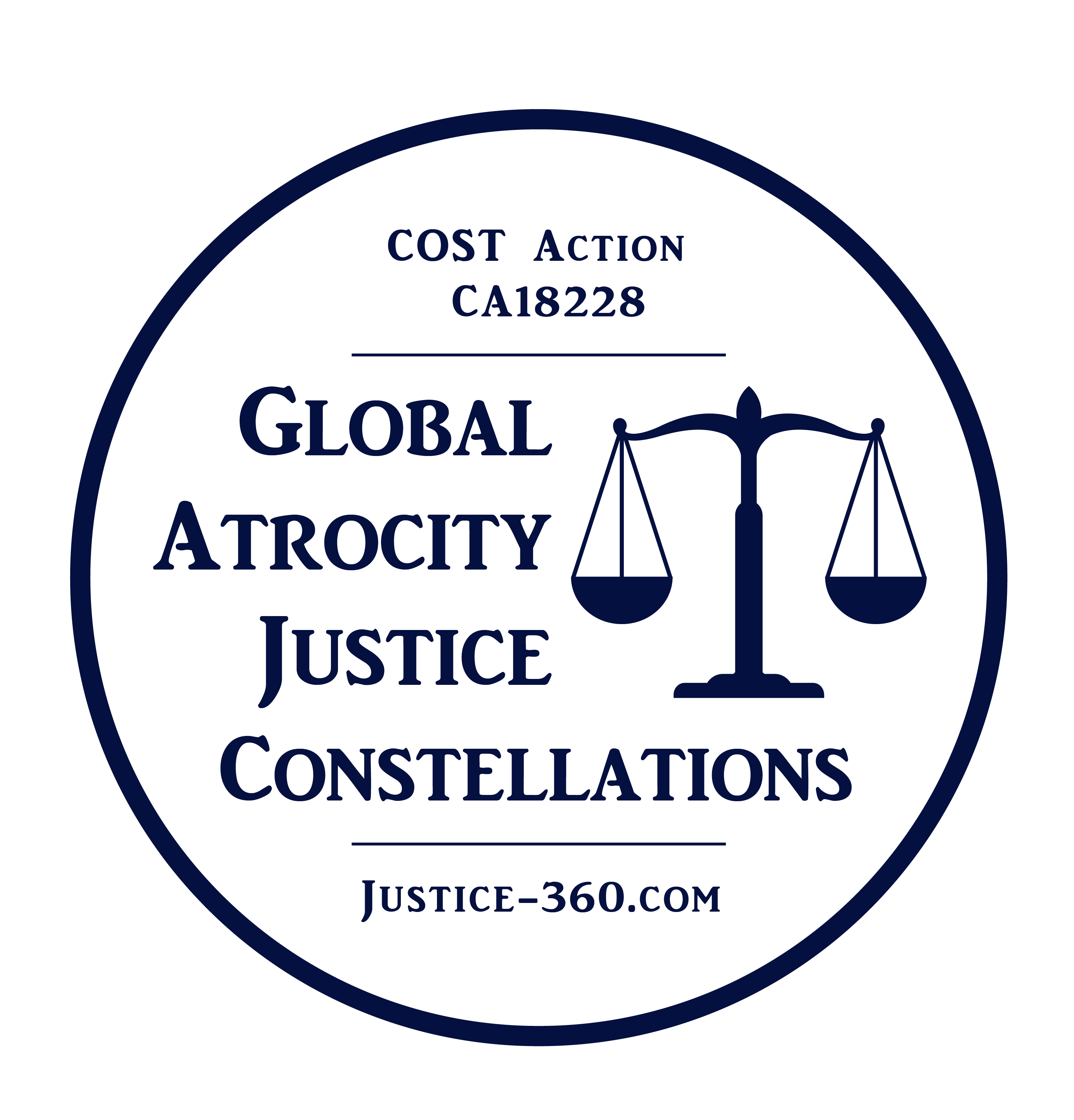Traversing and Reinforcing Borders in the Pursuit of Justice in Rwanda Author: Dr. Nicola Palmer On 31 August 2020, Paul Rusesabagina bordered a plane in Dubai and was flownto Kigali to face charges including terrorism, arson, kidnapping and murder. The announcement of his arrest by the Rwanda Investigative Bureau (RIB) follows two other high-profile arrests […]
Virus and Terrorism Authors: Prof. Mark Drumbl, Dr. Sunčana Roksandić Vidlička After September 11, 2001 – and for well over a decade thereafter – security, stability, and human rights concerns converged into a ‘war on terrorism’. Suddenly, a new ‘war’ emerges: the ‘war on COVID-19’. Social distancing is the tactic; we all are enlisted in […]
Denmark and the fight against international crimes: From international investments to bureaucratic marginalization. Author: Prof. Mikkel Jarle Christensen The core idea of the JUSTICE360 project is to analyze how the fight against international crimes has been received, understood and had impact in national jurisdictions and societies more generally. As part of the collective endeavor to […]
